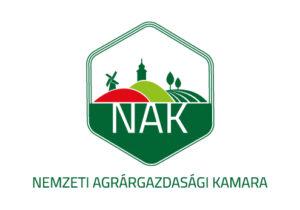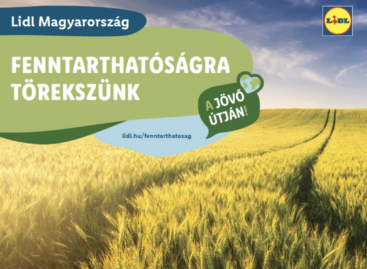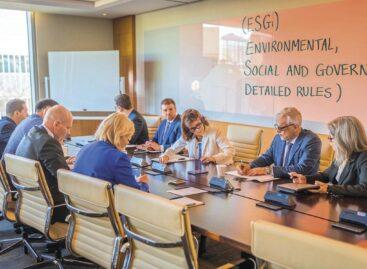NAK: The EU-Mercosur trade agreement is outdated and harmful
The trade agreement to be concluded with the Mercosur states could have serious consequences for the agriculture of the European Union – pointed out the National Chamber of Agrarian Economy and COPA-COGECA, which brings together EU agricultural organizations.

The principle agreement reached in 2019 does not take into account the changes resulting from the EU’s green agreement, the Green Deal, or the Farm to Fork strategy. The agreement would further increase the already unequal playing field between EU and Latin American goods. The trade agreement between the European Union and the so-called Mercosur states was again on the agenda. The Spanish Presidency of the European Council is committed to carrying out the agreement, just as the ratification of the agreement is a priority at the upcoming EU-Latin America summit.
COPA-COGECA, which brings together European agricultural organizations, once again voiced its concerns about the agreement the other day
The agreement in principle on the free trade agreement between the group of countries comprising Argentina, Brazil, Paraguay and Uruguay and the European Union was concluded on June 28, 2019, under Jean-Claude Juncker, President of the European Commission. However, in the time that has passed since then, there have been changes in the world that fundamentally question the convention’s raison d’être. The agreement does not take into account the changes and initiatives resulting from the EU Green Deal. It also fails to take into account the changing environment in which agriculture operates today, following the effects of the COVID-19 pandemic and the war in Ukraine. We agree with COPA-COGECA’s opinion on the Mercosur trade agreement, according to which it is an outdated agreement that is far from the aspirations of Farm to Fork, the National Chamber of Agrarian Economy pointed out. The overly ambitious approach of the commission not only makes our situation more difficult for us, European farmers, but also seems unrealistic in the eyes of our trading partners. The concerns of the agricultural interest groups were further increased by the previous statement of Brazilian President Lula, as the politician made it clear at the beginning of the year that he did not want – or could not – support the high-level environmental protection commitment that the EU wants in parallel with the Mercosur agreement. It seems that for geopolitical reasons and for the sake of certain industries, the Commission is ready to turn a blind eye to the impact on the agricultural sector and the negative perception as we prepare for the next European elections, NAK pointed out.
Dozens of regulatory initiatives affecting agriculture are being negotiated at a rapid pace in Brussels
These will have a real impact on our farmers and cooperatives within a few years. However, we can be sure that the EU cannot impose the same agricultural production standards on the Mercosur countries that it wants to impose on its own farmers. The gap between the EU’s climate and sustainability goals for the agricultural sector and what the EU is willing to turn a blind eye to when it comes to trade agreements will widen. This is unacceptable for European producers. The National Chamber of Agrarian Economy, together with COPA-COGECA, supports international trade, provided that it is fair, balanced and transparent. Despite the fact that EU products such as wine, dairy products, olive oil, some fruits, vegetables and geographical access to commodity markers, the agricultural chapter of the Mercosur agreement is unbalanced, especially for already fragile agricultural sectors such as beef, poultry, rice, orange juice, sugar and ethanol.
NAK continues to condemn this agreement and calls on the Commission to start dealing with these fundamental issues as soon as possible!
NAK
Related news
The majority of Hungarians spend less than 50 thousand forints on Christmas gifts, sustainability is an important aspect, but not the primary one
Gift-giving is an essential holiday tradition, but what really matters…
Read more >Lidl has published its 3rd sustainability report
Lidl Hungary’s sustainability report for the 2022/2023 business years has…
Read more >ESG – about sustainability standards, from a legal perspective
Since December 2023 several pieces of legislation have been published…
Read more >Related news
Recognition of Consumer Protection Excellence: Honoring the Best of 2024
This year’s outstanding consumer protection officers and special award recipients…
Read more >The Joy of Giving! – SPAR stores collect non-perishable food for people in need
The Hungarian Maltese Charity Service and SPAR Hungary have launched…
Read more >KSH: industrial production decreased by 0.2 percent in October
In October, the volume of industrial production fell by 0.2…
Read more >








